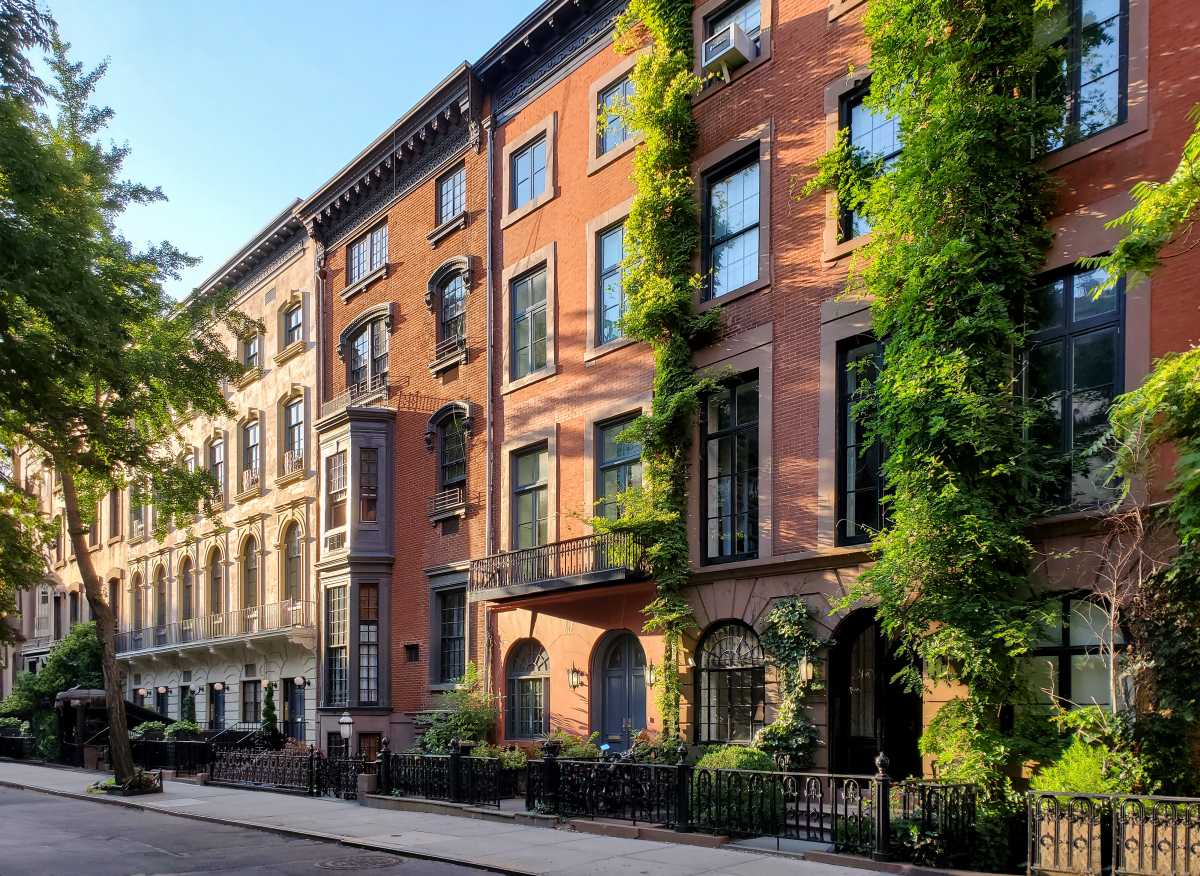By Albert Amateau
Two lawsuits, one by Cablevision and West Side residents and the other by mass transit advocacy organizations, are challenging the city environmental impact statement regarding the proposed 75,000-seat New York Sports and Convention Center stadium.
One suit, filed Wed., Dec. 22, by Cablevision, which owns Madison Sq. Garden, and the Hell’s Kitchen Hudson Yards Alliance, charged the city’s environmental study is the product of “manipulated data, baseless assumptions, incomplete disclosure and a distortion of the project’s significant environmental impact.”
The other suit, also filed on Dec. 22, by the Tri-State Transportation Campaign and the Straphangers’ Campaign, charged the 6,000-page environmental study underestimated the stadium’s traffic impact because it relied on a survey of New York Jets season ticket holders to determine how many fans would use mass transit to and from the stadium.
The civil suits name the city, the Metropolitan Transportation Authority and the Jets as defendants. The environmental review for the proposed 59-square-block redevelopment of the Hudson Yards and the proposed extension of the No. 7 subway line includes the stadium traffic impact, even though the arena, proposed for a platform above the Long Island rail yards south of the Javits Convention Center, is a separate project from the redevelopment.
The Bloomberg administration issued a statement that characterized the suit by Cablevision and H.K/H.Y. Alliance as the work of “monopolists,” referring to the Dolan family that controls Madison Sq. Garden, who fear competition from the proposed stadium.
The Jets issued a response expressing confidence that they would prevail in court.
Randy Mastro, the attorney for Cablevision and the Hell’s Kitchen Alliance, attacked the E.I.S. on the grounds that it used a survey of 600 Jets ticket holders to determine that about 70 percent of patrons would use public transit to and from the stadium.
The Cablevision suit cites an e-mail by a Jets executive to the company conducting the survey directing how a “push question” should best be placed to elicit a response that minimizes the traffic impact. The suit says the environmental study also distorts the impact of traffic congestion, noise and air pollution of the stadium.
Mastro, a deputy mayor under the Giuliani administration, said at a news conference after filing the Cablevision/Hell’s Kitchen suit, “This intentional manipulation of traffic data undermines the environmental review process.”
The Giuliani administration had proposed building a stadium over the rail yards for the New York Yankees.
The Tri-State Transportation Campaign said in its suit that the environmental statement used a variety of more objective estimates of mass transit and auto options for Hudson Yards land uses other than the stadium.
Kate Slavin, Tri-State associate director, said at a news conference that the environmental study indicated “the proposed stadium would attract a much greater share of patrons using mass transit than at any other urban stadium we could find numbers for. That’s what drew our attention to the issue.”
The Tri-State suit quotes the environmental study assertion that crowding at transit stations because of stadium use would be addressed by improvements to the transit system such as the Second Ave. subway and the Long Island Railroad connection to Grand Central Terminal.
“Everyone knows the Second Avenue line has been promised and delayed for decades and the M.T.A. is facing tough times today,” said Jon Orcutt, executive director of Tri-State. “At the very least, the city owes the public a look at what the stadium and the West Side development plan will do to transit crowding in case these projects don’t come through.”
The two lawsuits seek a new environmental review and an injunction against beginning construction on the stadium.
The plaintiffs are also counting on the suits delaying construction beyond July of this year when the International Olympic Committee is scheduled to choose a venue for the 2012 Summer Olympics. If the committee chooses Paris over New York as expected, the city’s push for the stadium would weaken, opponents believe.




































